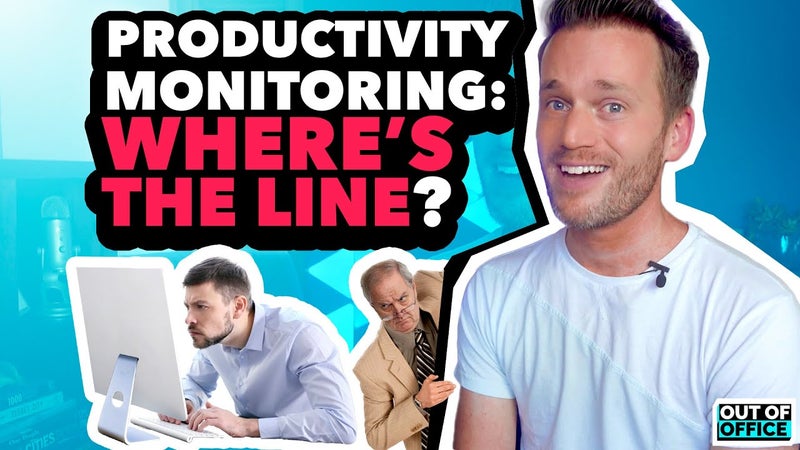Contents
- Hey, Welcome Back!
- Karlee Besse: In the Nick of TimeCamp
- Procrastination: Not the Only Thief of Time
- The Guardian: Bossware Makes You Easy to Fire
- Productivity Monitoring: My Journey to Saying Yes
- Employee Language vs Boss Language
- The Future is Monitored: And Sometimes It’s Worth It
- This Week’s Shareable
- Latest Remote Jobs
Karlee Besse was - and it's set a precedent for all remote workers. This week we chat about where to draw the line with productivity surveillance, and why I said yes to being monitored at work.
👩🏽⚖️ NPR: Woman Found Guilty of Time Theft
🚔 The Guardian: Bossware is Coming for You
👁️ Productivity Monitoring: Say Yes to Trust
🤞 Language Matters: Extremes Help No-one
Hey, Welcome Back!
Ever heard of time theft? What about bossware? They’re making headlines again.
It’s episode 25 and this week we tangle with ethics and the law, delving into a topic that makes a lot of remote workers furious: productivity surveillance.
I’m going to take you through one of the biggest remote stories of 2023 so far, and why it’s a landmark story for all of us. Then, we’ll get a bit more personal as I share what made me choose to work for a company that uses productivity monitoring software.
Come armed with your opinions, this is one topic that you want to do justice (before it does justice on you). Ready to face facts?
Let’s start the clock -
Karlee Besse: In the Nick of TimeCamp
Time is money, as they say.
If you’re a remote worker this is a literal truth, especially when you have to log hours. Karlee Besse found this out the hard way.
She’s at the center of a landmark court decision that impacts everyone who works remotely, and uses productivity monitoring software.
If you’re ever caught in a dispute with your employer about what you may – or may not – have been doing on company time, well.
😵 This case will likely affect the outcome of yours.
Procrastination: Not the Only Thief of Time
Karlee got a remote job at an accounting firm in British Columbia, Canada. Five months later, they fired her, and she decided to sue for wrongful termination.
What came to light was that Besse had misrepresented over 50 hours of time. Apparently, this time wasn’t used for work-related tasks.
The surveillance app TimeCamp provided the courts with the evidence. It had tracked her activities while she was on the clock.
Details have been disputed, and no-one knows if the time was mislabeled on purpose or by accident. But in the eyes of the law: she lost.
And the really big deal - the court ordered her to repay the time back to her employer!
The ruling got a flood of media coverage because it was the first ruling of its kind. What it did was set a precedent for using time-tracking software in legal proceedings.
🏴☠️ The term coined for it is: time theft.
Now the term has been around for a minute, but not like this. A trend chart over the last 5 years shows a steep upward leap after the Besse court case ruling.
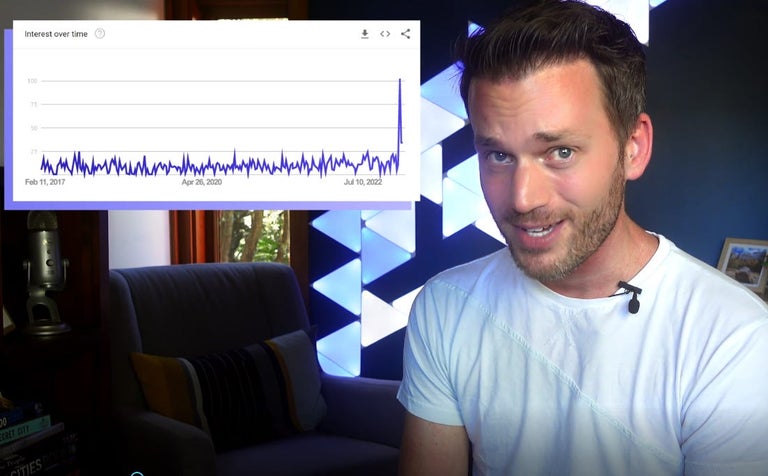
That spike means it’s official – time theft isn’t just another fun phrase, it’s an unethical practice that will stand up in court.
The Guardian: Bossware Makes You Easy to Fire
According to data published by the Guardian, 60% of companies with remote workers implemented some variation of bossware last year. And 9 out of 10 of those companies has terminated someone since then.
😡 People get incredibly worked up about the topic.
Zoe Corbyn writes,
“Tracking technology can [also] log keystrokes, take screenshots, record mouse movements, activate webcams and microphones, or periodically snap pictures without employees knowing.”
I believe time theft and bossware may be the most critical conversation impacting the future of work right now. To ignore it, isn’t going to make it go away.
So, let’s strip away the rollercoaster of emotions and focus on the facts.
Productivity Monitoring: My Journey to Saying Yes
In my personal life, some of my friends think I’m crazy because I work for a company who takes photos of me every 10 minutes. They wouldn’t dream of it.

It causes a visceral response in a lot of people – I get it. And it is challenging, I’d be lying if I said it wasn’t. But for me there’s no question that the pros outweigh the cons.
Here are two objective truths:
😎 I have the right to do whatever I want in my own home
🧐 I don’t have the right to do whatever I want when I’m on the clock and my boss is paying me
Do you agree with those statements? Most people would. The time theft – bossware conversation falls somewhere between those truths.
You’ll also agree that both extremes are bad:
👻 Companies shouldn’t be tricked into paying someone to play PlayStation instead of work
👀 Employees shouldn’t be watched when they’re home alone and not on company time
Both extremes are outrageous, and nobody wants that.
Of course, now that the line between work and home is blurred, both sides are painting the other as though they’re defending one of those terrible extremes.
Now consider:
😇 Most employees are good people who work hard every day
It doesn’t matter if they’re 10 feet from their boss, or 10 feet from their shiny new PlayStation 5.
😈 But some people suck.
It’s the sucky, dishonest people that ruin it for everyone else. They can’t or won’t refuse the temptation. At the office, their boss would see them and know. “Ah, there’s the office blackhole,” they would think.
If that employee worked from home – how would they know?
Employee Language vs Boss Language
That’s why a lot is assumed when either side moves to communicate. When one group says one thing, the other takes it the wrong way. Everyone is on the defense.
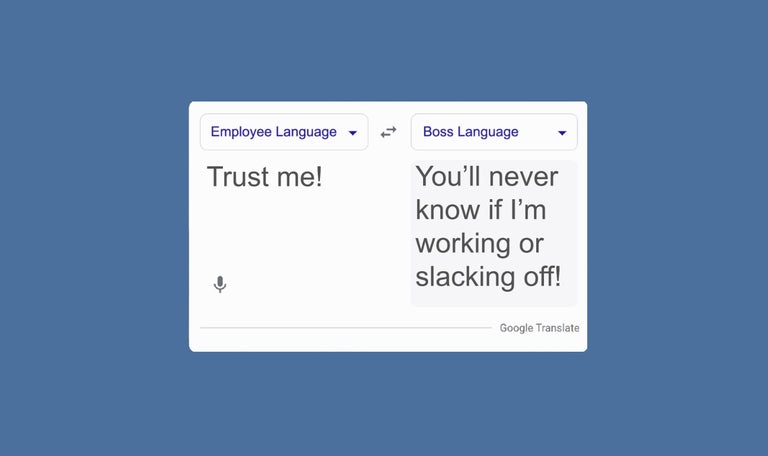
And
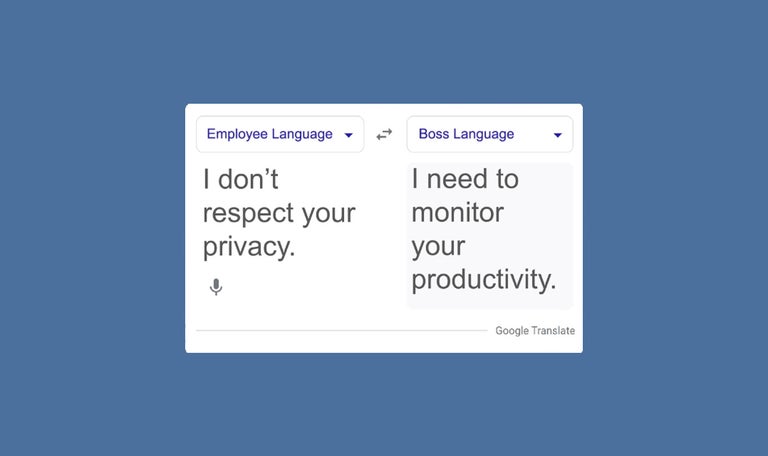
A stalemate is reached that can’t be resolved with objective facts. And that’s because something this subjective has a lot of moving parts.
⏳ Too much trust is time theft
🕵🏼♂️ Too little trust is bossware
So how much trust is the right amount? There must be a goldilocks ideal out there somewhere. What you’ll find is that everyone’s answer is different. There’s too much nuance around work to simplify this into a ‘trust me’ or ‘don’t’ situation.
🤔 Every remote worker and company will need to decide where they stand on trust
How much is reasonable? Where do we draw the line?
Is the line drawn between privacy and surveillance in sand or cement?
Like I said, there’s no easy, objective answer.
But what we do know is:
🤨 No-one should be monitored without their consent (that’s creepy and invasive)
😉 No-one would choose to be monitored if they had the choice
So, companies should be transparent about their monitoring practices and people should make up their own minds about what they’re willing to live with.
Nobody in their right mind wants to be watched – but what if it was worth your while?
Everyone has their price. That’s a fact.
For me it was three incentives:
1. 💰 The job must pay at least 20% more than other jobs available to me
2. 🤩 The job role had to be better than other roles out there
3. 🛫 It must come with complete flexibility to choose my own location & hours
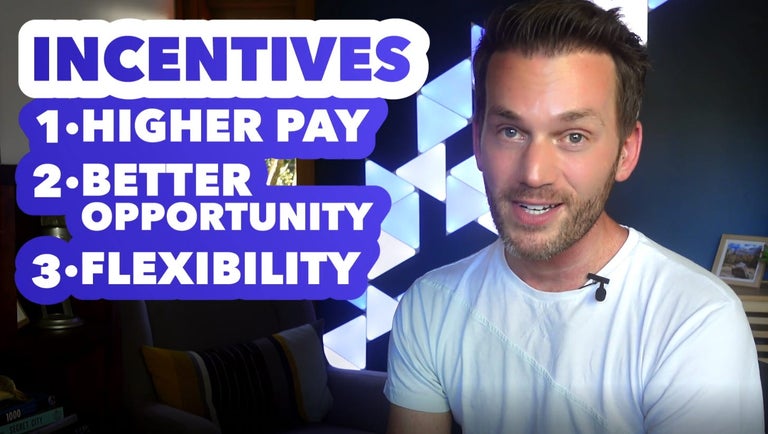
Those were three non-negotiables that I’d never had before.
Because they’re incredibly difficult to find. When I found this job at Crossover more than 2 years ago, it ticked all the boxes. Moving from New York to New Zealand would have meant a pay drop in this market. But I was nervous!
I outlined three deal breakers that would send me running for the hills.
1. 📸 Still selfies and screenshots were fine during work hours, never on personal time and never a full video feed
2. 🤳🏻 I could review the images captured and delete any if they caught me doing something I didn’t want my boss to see
3. ⏲️ No timecard micromanagement, I’d be measured on the quality of my output not the quantity of my inputs
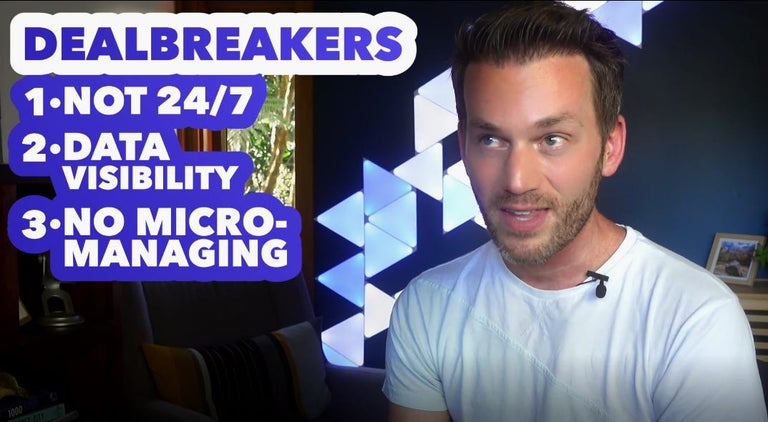
That last one was important, I’d just left a job that would ding me if I was 4 minutes late, even if I’d been at my desk until 10pm the night before. If I worked hard, stayed on task and prioritized my workflow – that had to be enough.
Looking back after two years at Crossover, the incentives turned out to be true and none of the deal breakers ever happened. I’m glad I saw past my knee-jerk reaction to say no to being monitored.
Sure, it’s hard – but it’s not that hard.
It’s not harder than constant requests from colleagues, being asked to stay late, or spending most of your free time at home on work, because there isn’t enough focus time at the office. Let’s be realistic about context.
🌟 I’ve never regretted my decision to say yes. Not for a single moment.🌟
The Future is Monitored: And Sometimes It’s Worth It
Wherever you decide to fall on this issue, I’d encourage you to look past that knee-jerk reaction to say ‘hell no.’ The best things in life are never easy.
Society once raged against televisions, dial-up internet, and most recently AI. What was once unimaginably invasive, is now painfully mundane.
So, stop asking yourself if its hard, and start asking yourself if it’s worth it.
Don’t sign up for anything you’re not okay with – but don’t rule out a great opportunity either. The only people who have anything to fear are the ones planning to play PlayStation all day, or do whatever the heck Karlee Besse was doing.
In that case, I wish you the best of luck finding a clueless boss, or a decent lawyer.
Before I go, tell me what your three incentives are!
🐯 What would make you accept a job that requires productivity monitoring software?
It will be interesting to see if your bar is higher or lower than mine.
That’s it for this week folks – and remember, the future of work is Out of Office.
Andrew
This Week’s Shareable
- Where do you draw the line with productivity monitoring software? When #remoteworkers demand trust, and companies insist on proof-of-work - it’s easy for both sides to lean on extremes. This week we strip away the emotions and take a fact-based look at #timetheft and #bossware. Read about it on OOO.
Latest Remote Jobs
Are you waiting for a sign to apply? Here it is: 🚧
💥 Chief of Staff at Trilogy, $100k ($50/hour)
💥 Demand Generation Marketing Manager at IgniteTech, $100k ($50/hour)
💥 Senior Project Manager at Aurea Software, $100K ($50/hour)


